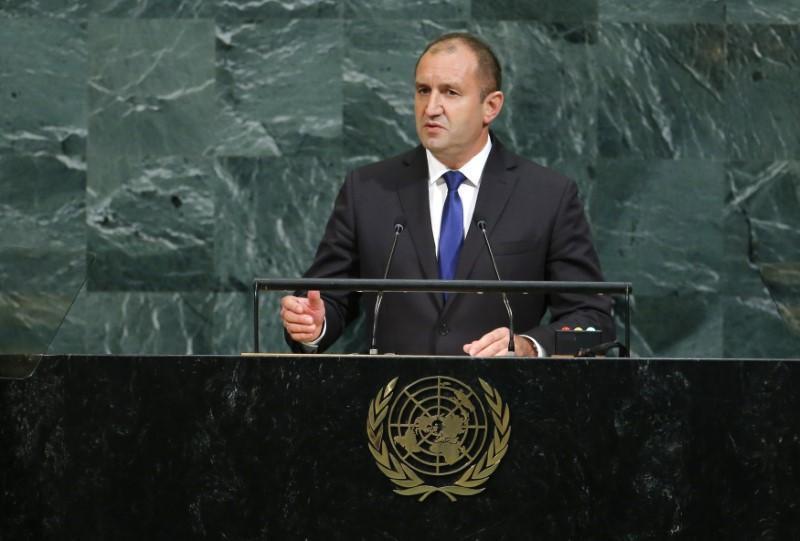
Bulgarian President Rumen Radev on Jan. 2 vetoed anti-graft legislation passed by parliament in December, saying the bill would not allow the efficient investigation of corruption networks.
Radev acted only a day after Bulgaria, the European Union’s poorest country, assumed the six-month, rotating presidency of the bloc. It is the first time the Balkan state has taken over the role since it joined the EU on Jan. 1, 2007.
Bulgaria has made scant progress towards stamping out graft and organized crime, and the European Commission, the EU’s executive, has repeatedly rebuked the Black Sea country for failing to prosecute and sentence allegedly corrupt officials.
According to Transparency International, Bulgaria is the EU’s most corrupt country.
The measures in the law, approved by the national assembly two weeks ago, included the creation of a special anti-graft unit, meant to investigate persons occupying high state posts as well as assets and conflict of interest.
“I believe that the adopted law not only does not create an adequate legal basis for tackling corruption but will even make it difficult to fight it,” Radev, who won a presidential election in November 2016, said in a statement.
Analysts have also voiced concern that the bill was not fit for purpose as the new unit, whose management would be appointed by parliament, may not be truly independent and could be used by those in power to persecute opponents.